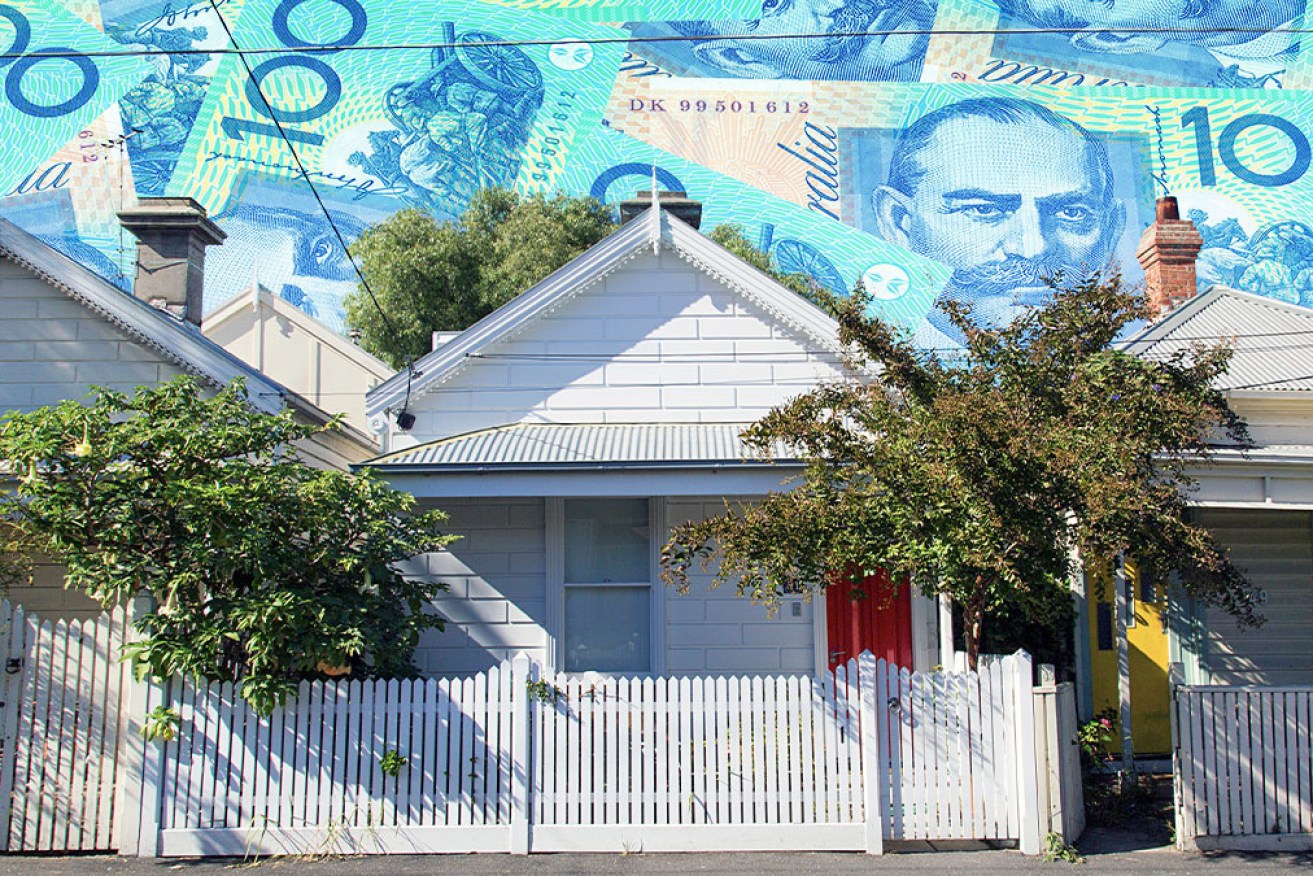Selling an investment property? Here’s what you need to know about capital gains tax


Property investors normally pay tax on their capital gains. Photo: TND
Question 1: I am a 65-year-old self-funded retiree. I have an investment property which provides me with enough money to live on. I have spent around $120,000 on repairs and replacements to maintain the 100-year-old property. Will I attract CGT on the sale of this property when I sell next year? TIA
A capital gain (or loss) is the difference between what you paid for an asset and what you sold it for (less any fees incurred during the purchase).
So, roughly speaking, if you sell a property for more than you paid for it, that’s a capital gain. And if you sell it for less, that is considered a capital loss.
If you have made a capital gain then this amount gets added to the assessable income in your tax return, less any discounts, and tax is paid at your marginal rate.
No capital gains tax applies if the property was bought before September 20, 1985.
I note you have stated the property is more than 100 years old, but this has no effect on your CGT liability – it depends on when you took ownership of the property.
Also, keep in mind that any significant improvements or renovations made since that date may be treated as a separate asset under law and consequently subject to CGT.
Assuming you bought the property after 1985 then CGT may apply.
But you should ensure you appropriately and legally calculate the ‘cost base’ to reduce any potential tax.
The cost base of a capital gains tax (CGT) asset is generally what it cost you to buy it, plus other costs you incur to hold and dispose of it.
According to the ATO’s website, these are the five steps involved in calculating your cost base:
- The amount you paid for the property
- Costs of acquiring the property (e.g. stamp duty, costs of a lawyer, loan application fees)
- Costs of owning the property (e.g. rates, land taxes and repairs)
- Capital costs to increase or preserve the value of your asset
- Capital costs of preserving or defending your title or rights to your CGT asset.
You add up all the above items, and this is then deducted from your sale price.
If the amount is still positive you have made a capital gain. If it is negative, you have made a capital loss.
If you have made a capital gain and have held the property for over 12 months then you can use the CGT 50 per cent discount so that only half of the gain is added to your tax return and tax paid on this amount.
As you have made substantial repairs and replacements I would suggest speaking with an accountant or tax adviser to assist and provide you with advice.
Question 2: My de facto partner is 77 and receiving a full pension. I have retired but am living off savings (declared to Centrelink but not enough to affect my partner’s pension).
When these savings run out I will need to receive a pension from my work super. I have been told that when I do this the value in my super will cause my partner to lose his pension.
Can I take a lump sum from my super to live off rather than convert it to pension mode, so that my partner does not lose his pension?
Once you convert your super to a pension, or once you turn age pension age, those funds are then assessed under the income and asset test by Centrelink.
For couples, all assets are added together to determine the rate of payment, if any.
If you are under age pension age, then yes, you can make ad hoc irregular withdrawals from your super and these will generally not be counted by Centrelink.
However, as soon as the withdrawn funds are in your bank account, you should advise Centrelink, and these will be asset tested and deemed under the income test.
Once you attain age pension age, regardless of whether you have converted your super funds to a pension, Centrelink will start counting your super as an asset.
There are other issues to consider besides Centrelink, such as tax outcomes, and so I suggest seeking advice from a licensed financial adviser.
Question 3: I am currently living and working overseas as a non-Australian resident for tax purposes. Can I add a lump sum to my super without incurring additional tax?
Yes, you do not need to be living in Australia to make an after-tax non-concessional contribution to super.
If you are not intending to claim a tax deduction, then this should not impact your situation.
You must ensure that your super fund has your Tax File Number recorded.
Also, just because you are living overseas doesn’t mean you can access your super early.
You still need to meet a standard condition of release before you can access your super.
Craig Sankey is a licensed financial adviser and head of Technical Services & Advice Enablement at Industry Fund Services
Disclaimer: The responses provided are general in nature, and while they are prompted by the questions asked, they have been prepared without taking into consideration all your objectives, financial situation or needs.
Before relying on any of the information, please ensure that you consider the appropriateness of the information for your objectives, financial situation or needs. To the extent that it is permitted by law, no responsibility for errors or omissions is accepted by IFS and its representatives.
The New Daily is owned by Industry Super Holdings








